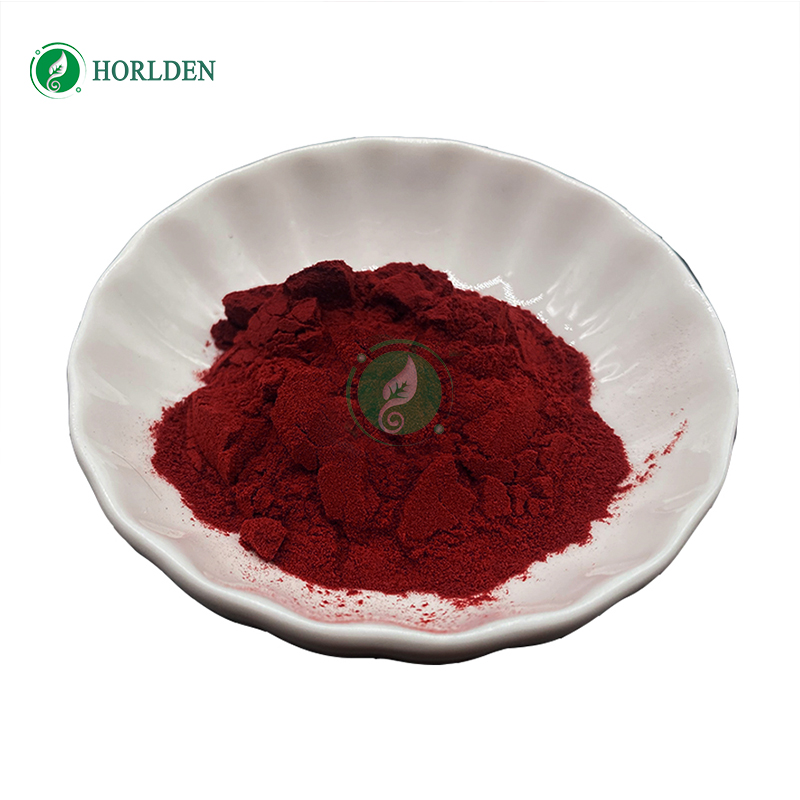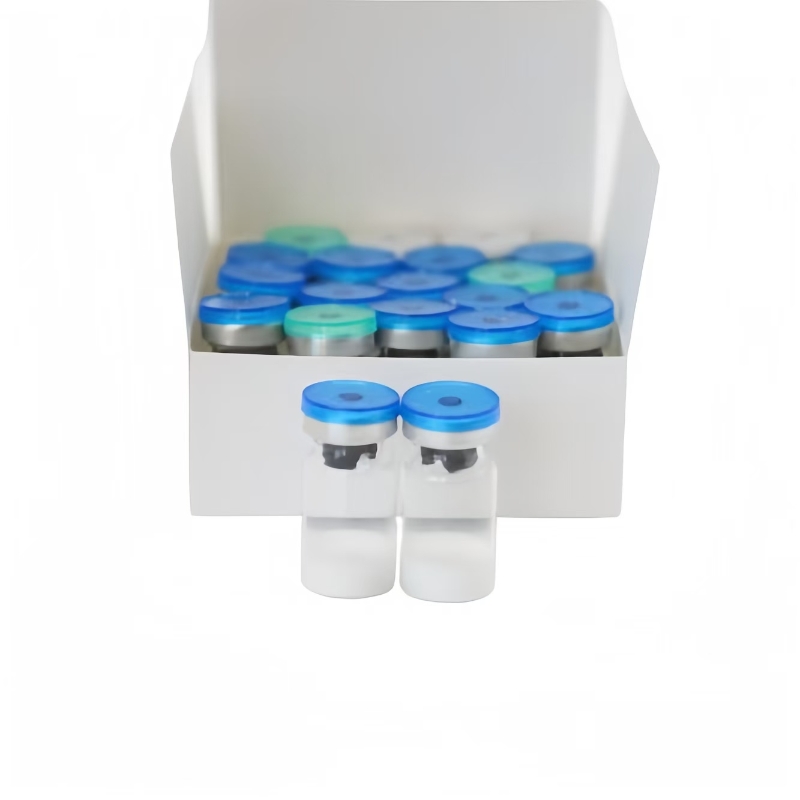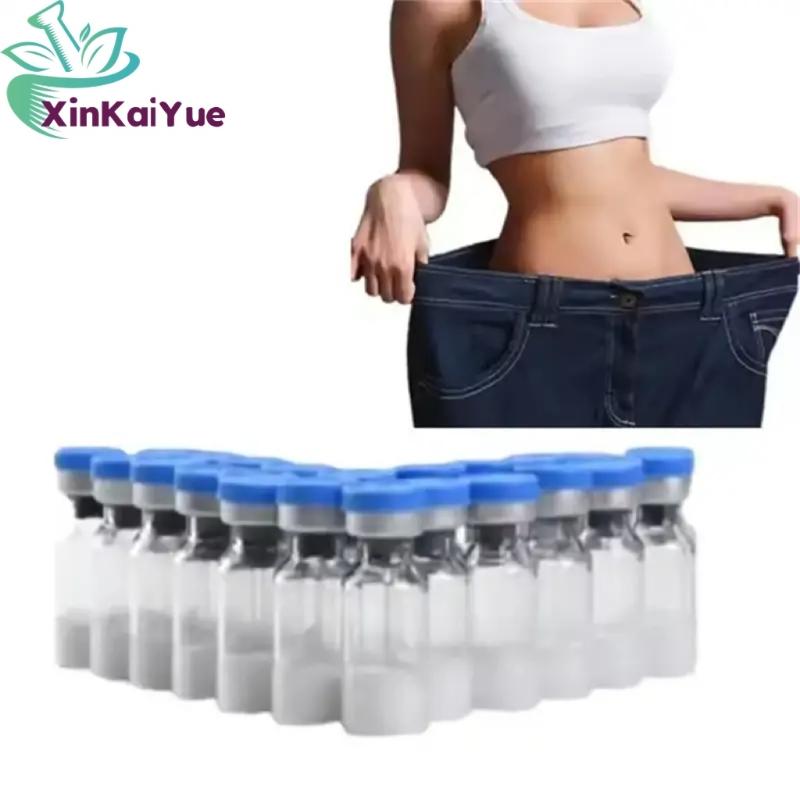FDA approves Cinryze for the prevention of disease in patients with hereditary vascular edema in children 6 years and older
-
Last Update: 2020-06-11
-
Source: Internet
-
Author: User
Search more information of high quality chemicals, good prices and reliable suppliers, visit
www.echemi.com
recently, the United StatesThe FDA(approved shire)company(Cinryze (C1 esterase inhibitor) for the prevention of disease in children 6 years and older with hereditary angioedema (HAE)it is worth mentioning that this is also the first approved subcutaneous injection C1 esterase inhibitor (C1-INH)CinryzeCinryze's active substance is C1-INH extracted from human plasma and is injected into the patient's blood by intravenous injection to raise the level of C1-INH in the patient's bloodC1-INH treatment addresses the underlying causes of HAE by replacing the defective protein and helping patients to regulate the release of vascular soothing peptides during seizuresPatients receive Cinryze treatment every 3 to 4 days to prevent the occurrence of vascular edemaCinryze was approved by the FDA as early as 2008 for the treatment of HAE in adolescents and adultsThis approval further extends Cinryze's applicable patient population to children 6 years and olderrelated research
this cinryze was approved based on a multicenter single-blind Phase III studyThe study assessed the efficacy and safety of different doses of Cinryze in 12 children aged 7 to 11results showed that Cinryze, 500 units and 1000 units, was able to reduce the number of edema episodes by 71.1% and 84.5% respectively compared to the baseline level struck without treatmentBoth doses can reduce the severity of edema episodes and reduce the need for acute therapy adverse reactions
mainly include: headache, nausea, fever and erythema at the injection site These adverse reactions were controlled and did not occur seriously to the of the patient's suspension of clinical trial
This article is an English version of an article which is originally in the Chinese language on echemi.com and is provided for information purposes only.
This website makes no representation or warranty of any kind, either expressed or implied, as to the accuracy, completeness ownership or reliability of
the article or any translations thereof. If you have any concerns or complaints relating to the article, please send an email, providing a detailed
description of the concern or complaint, to
service@echemi.com. A staff member will contact you within 5 working days. Once verified, infringing content
will be removed immediately.







